 |
www.ernst-christen.ch
Ernst's Velotouren |
| |
| Home |
| Reiseblog |
| Tourenarchiv |
| GPS-Daten |
| Infos & Tipps |
| Presse |
| Bücher |
| Kontakt |
| Radreise & Fern-radler Forum |
ENGLISH SITES |
| Travelblog |
| Route |
| Contact |
| |
First stage Switzerland - Thailand
Part 4: Russia, June 2008 |
|
Bad
news: The news which I get from the internet pages of
other long-distance cyclists are really bad. The Chinese goverment
has changed the visa rules due to the upcoming Olympic Games. Visas
are issued only after presenting a flight ticket and a hotel reservation.
I wanted to get the Chinese visa in Almaty, Kazakhstan. But now
I might have to reconsider the whole further trip... |
 |
| Picture:
The first impressions of Russia (at the coast of the Asovskoe Sea). The roads
are much better than in the Ukraine and also the traffic seems to be more relaxed.
|
|
I
was riding along the southern coast of the Asovskoe Sea to the city
of Krasnodar, a place which I better would have avoided. The loud
and respectless traffic in the town is a cyclist's hell! So I escaped
the city as fast as possible and started to ride towards Elista. |
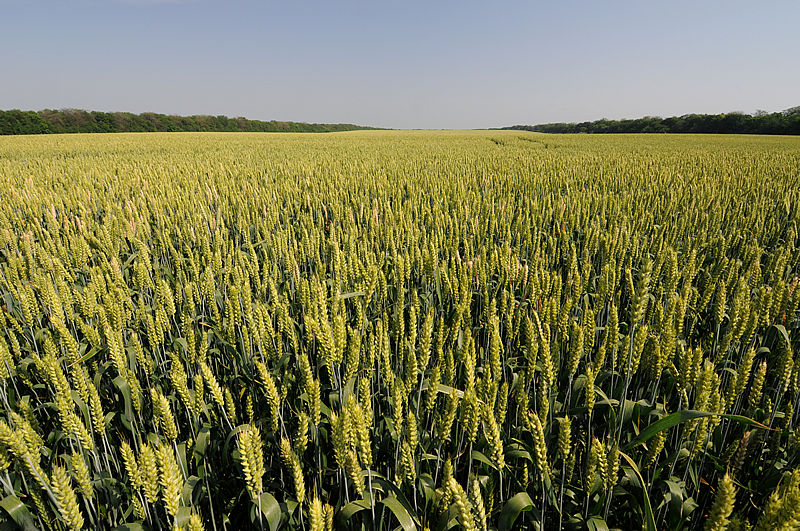 |
|
Picture:
The landscape in the oblasts (= provinces) Krasnodar and Stavropol
is dominated by endless grain fields which are cut every few kilometeres
with a strip of trees to protect the fields from the wind. The narrow
strips of trees are always a good and hidden place to stay over
night in the tent. |
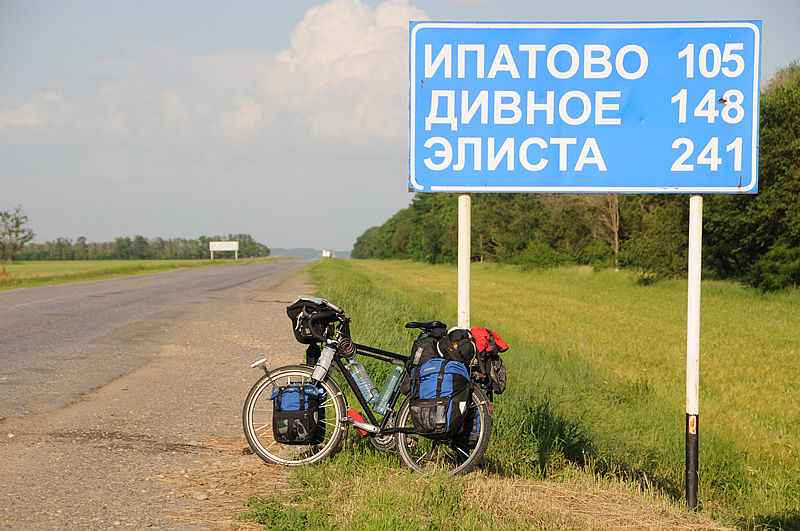 |
|
Picture:
Still 241 km to Elista, the city with the next available accommodation |
|
On
one camp site, just besides the tent, my nose detected a huge and
strong bush of hemp ("Cannabis Sativa" for botanists)
bewitching me the whole night with its sweet odours ;-). Morning
at six o'clock, when I woke up, I experienced a completly opened
consciousness (see the sincerity and integrity in my weird eyes!).
But the effect of the marihuana was soon lost and my consciousness
was again as dumb as ever. But during this night I experienced the
mental input how I could order also potato dishes in the highway
restaurants what finally marked a huge improvement of my eating
habits in Russia. During weeks I had eaten only "borshtsh"
and salads because I was not able to order anything else! |
 |
|
Picture:
Completely expanded consciousness due to the miracle effects of
Cannabis Sativa |
|
With
the crossing of the river Manich I reached the Autonomous Repulblic
Kalmykia and with this a completely different world. Within a few
kilometers the landscape became a steppe without any trees, and
the few villages on my way were not anymore inhabited by Russians
but by Kalmykians, a mongolian people. The Kalmykians left their
homeland in Xinjiang (Western China) in the early 17th century and
settled from 1632 on besides the left and right banks of the lower
Volga river. |
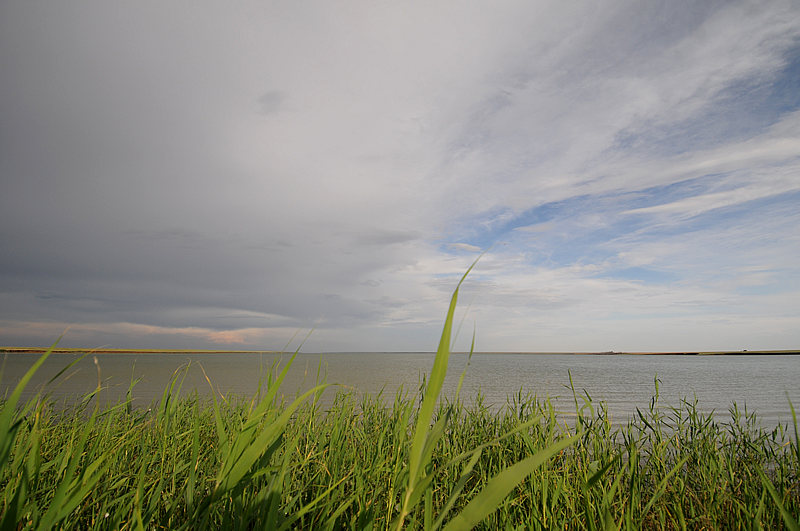 |
| Picture:
The river Manich, wide like a big lake.. |
 |
|
Picture:
Kalmykia welcomed me with a grim thunderstorm which fortunately
took another way than me. |
 |
|
icture:
Just a few bushes along the street protect me from curious looks.
Lots of different animals make their living in
the high gras. Even colourful snakes
visited me for a moment and had a short
wondering look into my tent. |
|
Kalmykia
is with only 3.7 persons per square kilometer one of the less inhabited
regions of the world. Now the distances between the little villages
become longer (roughly 50km) and the traffic becomes less and less.
In this landscape the whole bicycle tour comes to a completly new
dimension, approaching every day a bit more the border between Europe
and Asia. |
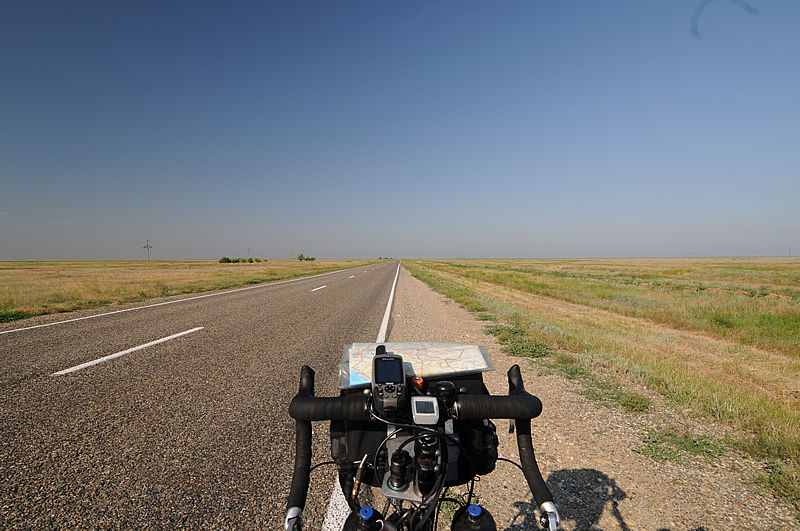 |
|
Picture:
Shortly before Elista, the capital of Kalmykia. The landscape has
turned definitely into a vast and dry plain. |
|
Despite
the distance to their homeland and the brutal oppression of Joseph
Stalin the Kalmykians still strongly keep their traditions und old
culture alive. 1943 dictator Stalin deported the whole people to
Siberia and stroke the Kalmykians from the list of the peoples of
the Soviet Union. Roughly 30% of the deported died in this genocide.
Under the new government of Nikita Khrushchev, the surviving were
allowed to return to Kalmykia in 1958. The Kalmykians are the only people in Europe being mainly Buddhists. They are, as other mongolian peoples too, devoted to the Tibetan Buddhism and worship the Dalai Lama as their spiritual leader. |
 |
| Bild:
Small buddhist temple in a city park of Elista. |
 |
| Bild:
A look over Elista in the dawn (with rising moon). |
|
I
was amazed to find Buddhism so much alive in Kalmykia. Coincidentally
I stepped into the Golden Temple of Elista during the most important
buddhistic holiday, the Vesakh (also Vesak, Visakah, Wesak). At
this day an uncountable number of people visited the temple, donated
money and food to the monastry and praised humble Prince Sidhartha
Gotama, better known as "Buddha" (literally: "the
awaken one"). The statue is about 9 meters high and is the
biggest of its kind in Europe. |
 |
|
Picture:
Main hall of the "Golden Temple" during the Vesakh-Puja.
Vesakh is the most important buddhistic holiday and is held in memory
to Lord Buddha's birth, awakening and its final deathless state. |
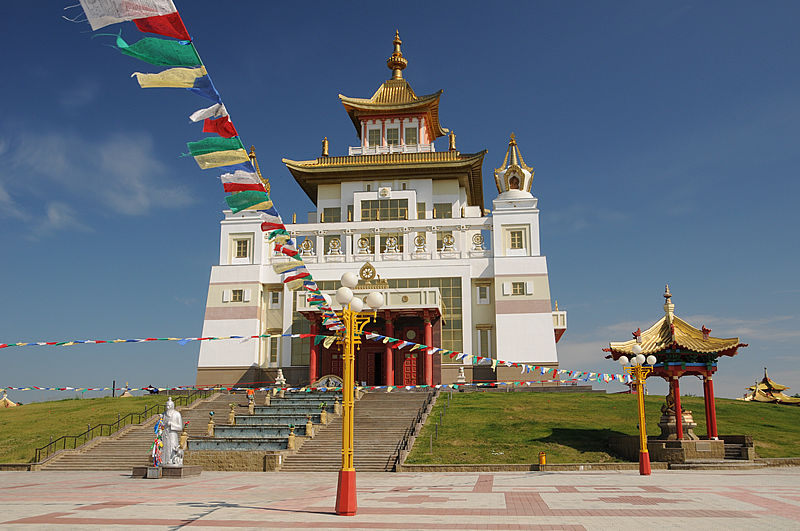 |
|
Picture:
The "Golden Temple" of Elista. "Om mani padme hum". |
|
From
Elista I rode further east through the plain to Astrakhan at the
river Volga. In such a vast and lonely landscape I already experience
deep feelings of happiness, contentment and complete satisfaction
only having some dry bread and water. Who can enjoy such an easy
and satisfying emotion in a domestic and settled-down life? I am
so happy that I left house and property behind! |
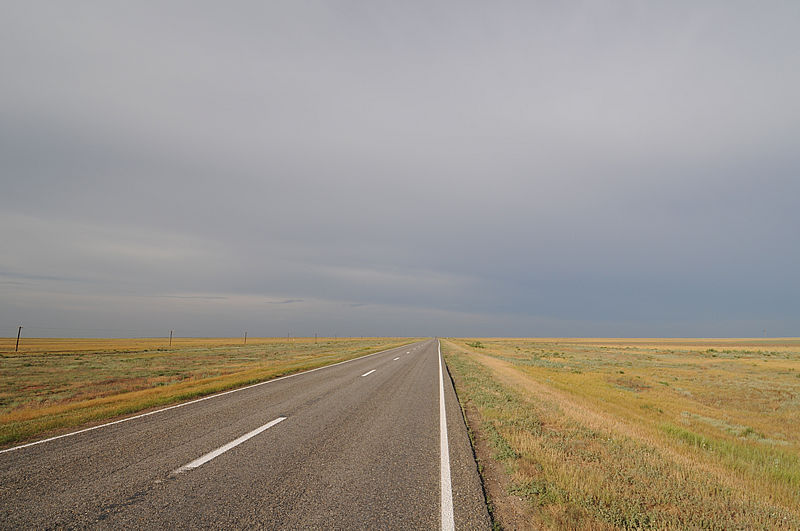 |
| Picture:
Many hundred kilometers just vast steppe, no trees, no hills, no people... |
|
Sergey,
a chechnyan stockbreeder came at 6:30 AM to my tent to have a friendly
chat about intercontinental cycling, swiss mountains, kazakh steppe
and war in Chechnya. Then he wanted to be photgraphed with the bicycle,
his cows and the tent in the background. Of course it was a pleasure
to fulfill his wish. |
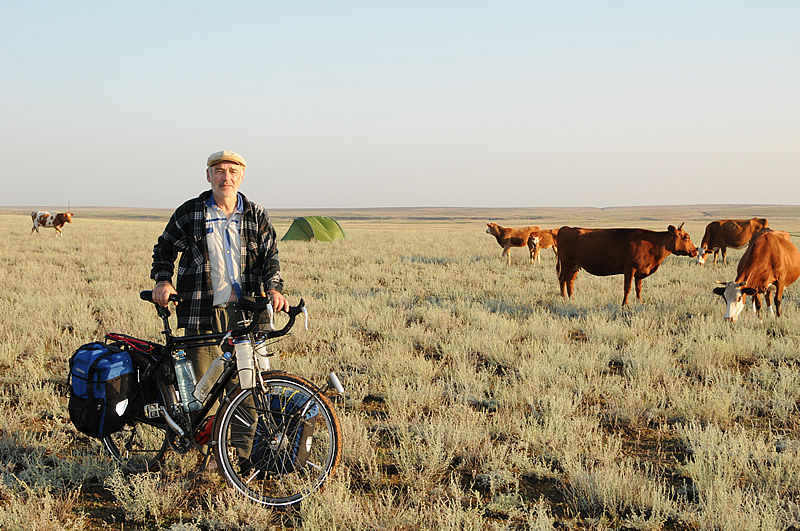 |
|
Bild:
Sergey with the bicycle, his cows and the tent in the background.
|
|
With
the arrival in the city of Astrakhan the way through Russia is almost
completed. Only about 50 km are remaining to the border of Kazakhstan,
and roughly 300 km to the border of Europe. Asia is already very
close now. |
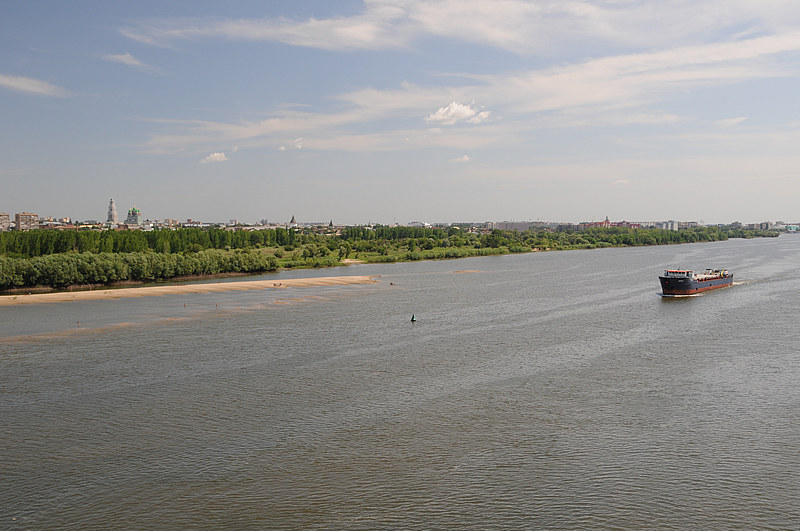 |
|
Bild:
A view on the river Volga and the city of Astrakhan |
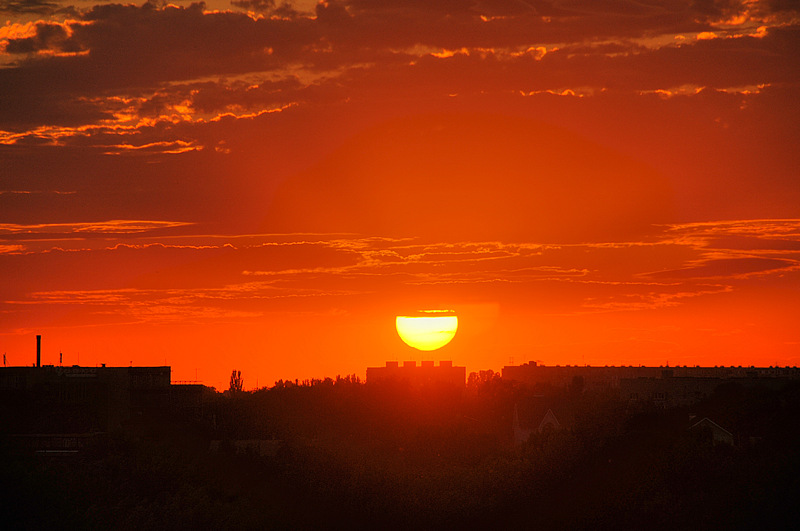 |
|
Bild:
Sunset at the river Volga in Astrakhan |
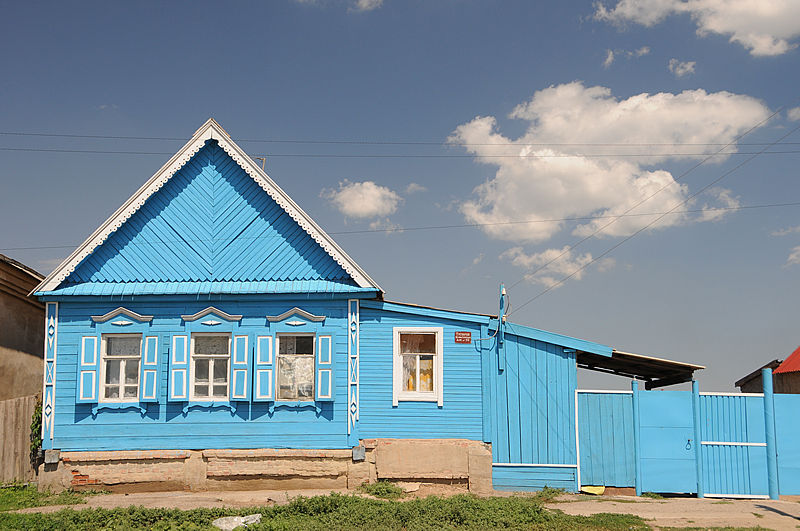 |
| Bild:
A typical russian home in the outskirts of Astrakhan. |
| Next
page / Part 5: West-Kazakhstan |
| top |